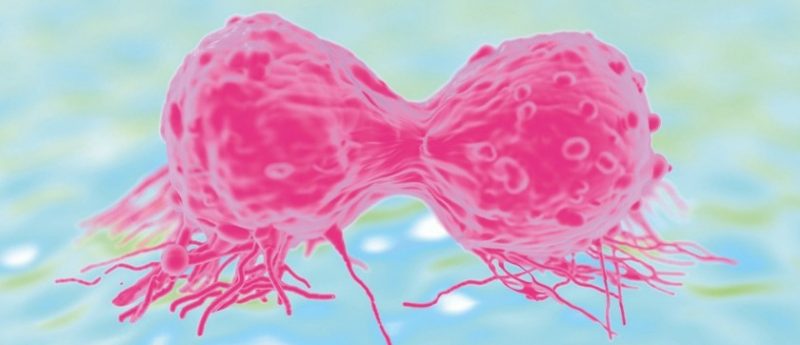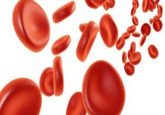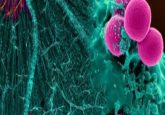Exploring the CheckMate-227 study: an interview with Christiain Ottensmeier

Initial results from the Phase III CheckMate-227 study have been announced. The pivotal study has demonstrated that the combination of Opdivo® (nivolumab) plus Yervoy® (ipilimumab) can significantly extend progression-free survival (PFS) in those with previously untreated advanced non-small cell lung cancer (NSCLC) whose tumours have high tumour mutation burden (TMB). In this interview with CheckMate -227 trial investigator, Christian Ottensmeier (University of Southampton, UK), we explore the trial in more detail and see where the field is heading.
Could you give us a brief overview of the CheckMate -227 study?
This is an open-label, randomized Phase III trial of nivolumab and nivolumab plus ipilimumab versus platinum doublet dhemotherapy in patients with chemotherapy-naïve stage IV or recurrent NSCLC. The aim was to test whether:
- In chemotherapy-naïve subjects with stage IV or recurrent PD-L1 expressing NSCLC, the administration of nivolumab in combination with ipilimumab would improve overall survival (OS), compared with platinum doublet chemotherapy.
- In chemotherapy-naïve subjects with stage IV or recurrent NSCLC with high TMB at baseline, the administration of nivolumab in combination with ipilimumab, would improve PFS compared with platinum-doublet chemotherapy.
- In chemotherapy-naïve subjects with stage IV or recurrent NSCLC irrespective of PD-L1 expression levels, the administration of nivolumab in combination with platinum-doublet chemotherapy, will improve OS compared with platinum-doublet chemotherapy.
The objectives were to define OS and PFS and whether immunotherapy would confer an advantage over chemotherapy with a platinum doublet.
Could you tell us about the clinical significance of the findings gathered this trial?
This is a landmark in NSCLC treatment as it establishes that combination immunotherapy dramatically improves progression free survival compared to chemotherapy, which has up to now been the reference standard in this common and difficult to treat cancer.
I think the new data are a landmark change in the way we think about solid cancers and in particular in lung cancer we are moving into an era, where there is hope that we will be able to improve the outcome for the majority, not a minority of patients with advanced cancer and particularly lung cancer.
How would you like to see treatment options for lung cancer advance over the next 5 years?
I would like to see us learn how to make intelligent and rational choices: to be able to pick the right drug for the right patient, both in terms of improving benefit and survival as well as reducing toxicity and avoiding treatment of patients who do not respond.
Profile:
Christiain Ottensmeier is Professor of Experimental Cancer medicine and consultant medical oncologist in Southampton University and Southampton University Hospitals NHS foundation trust. He is a clinician scientist whose expertise is in developing, testing and using immunooncology products. Clinically he looks after patients with skin cancer and lung cancer.
Financial disclosure: Speaker’s bureau for BMS, Merck, Transgene, Roche, Delcath, research funding to my institution from BMS and Amgen.





